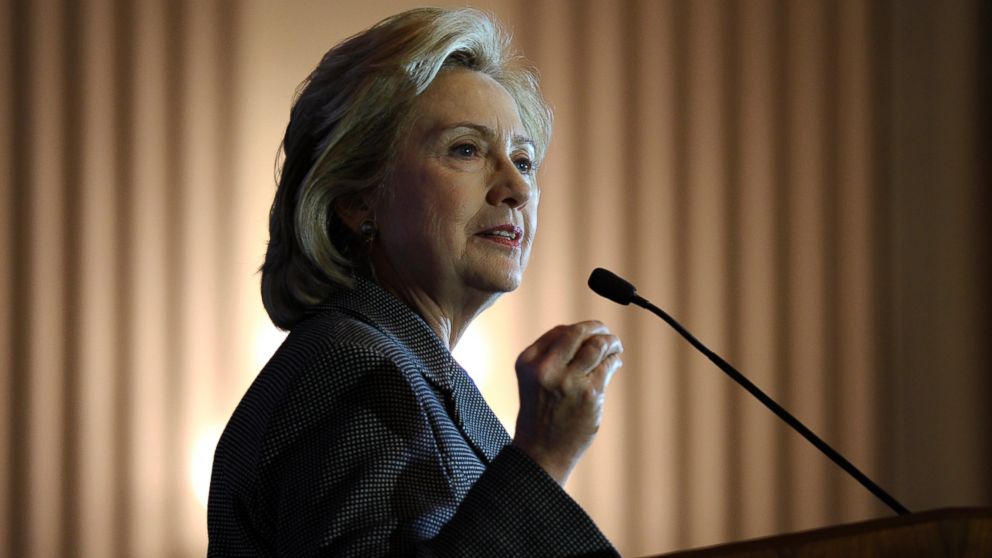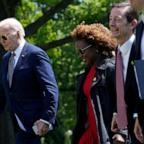Hillary Clinton Had 'Contempt' for First Lady Scrutiny, Documents Show
ABC News has obtained new documents kept by a longtime Clinton family friend.

Feb. 12, 2014— -- Hillary Clinton had read some 43 biographies of her predecessors to prepare for becoming first lady, according to her close friend Diane Blair. But ultimately, Clinton would chart her own course.
New documents, recollections and letters collected by Blair and obtained by ABC News about Clinton’s time as first lady show a Clinton simultaneously struggling during the low points of her husband’s presidency and moving steadily toward satisfying her personal ambition -- even when it polarized the public and activated her enemies.
“Just visited with Hillary. I told her how fascinating I found the latest spate of Hillary-at-two years stories, and she expressed her total exasperation with all this obsession and attention, and how hard she’s finding to conceal her contempt for it all,” Blair wrote.
Clinton discussed often a desire to correct the record and was frustrated by a seemingly endless spate of stories that she could “totally refute,” according to Blair.
Yet Clinton feared keeping records of thoughts and conversations in a diary that she might use to eventually write her own “history” because they might also be subpoenaed by the Clintons’ political enemies, Blair noted.
Blair, a political science professor at the University of Arkansas and a longtime friend of both Bill and Hillary Clinton, mused that Hillary had instinctively done “First Ladylike” things to cover for her “policy stuff” as a way of mitigating the backlash over her more active role in policy making in her husband's administration.
In her most private conversations with her friend Blair, Clinton is often faced by what Blair described as being a “pioneer in an anachronistic role.”
But Blair also laid some of the blame at Bill Clinton’s feet.
She suggested that a “big problem” had been Bill Clinton “being less than presidential, which [Hillary] warned against from the beginning.”
“[Hillary] said he’d been trying really hard –- he thought it was rude to walk off from questions, but is beginning to see that he must,” Blair said, a reference to Clinton’s famous tendency of answering virtually every question from reporters during media availabilities.
In 1994 as she continued her intense lobbying for health care reform, Clinton mulled telling her side of the story.
“When I first asked ‘what for?’, she said ‘revenge,’” Blair wrote. “Later, telling our side. Later, after more talks, just brain dumps, just to get it down while still fresh, so when everyone else is writing their books, she will have the materials –- dates, meetings, events, to write hers, and for at least that story to be told.”
Clinton asked Blair to lead the task of collecting interviews from her staff: “at one point she said, ‘I don’t want to call this a feminist perspective, but I guess it is’ –- her staff of course mostly all women,” Blair notes. (Ultimately, Blair would end the interviews due to fear that their contents would be subpoenaed).
Around that time, there was a sense of chaos in the administration that Hillary Clinton both fought to fix and tried to move away from.
In a meeting with Al Witte, a law professor, who Clinton came to know at the University of Arkansas, she vented frustration with what Blair described as a “paralyzed” White House.
It was 1994, and a midterm election where Democrats would resoundingly loose both the House and the Senate was quickly approaching.
Witte advised her that if Leon Panetta became White House chief of staff, she would need to “stop being an authority center.”




